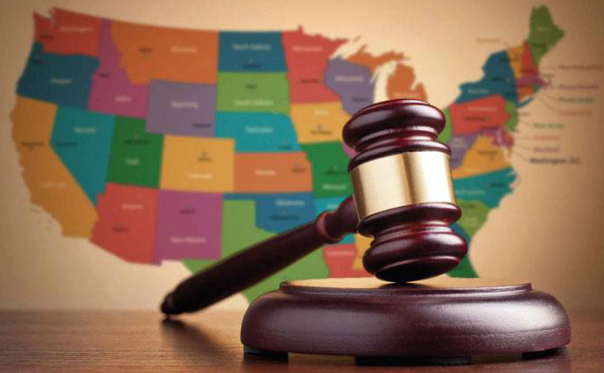4. Parties should tailor attorney’s fees provisions to their preferences but within the confines of the law.
Attorney’s fees provisions allow parties to a contract to recover attorney’s fees expended in enforcing the contract if the opposing party breaches the contract. Attorney’s fees are generally not recoverable in North or South Carolina unless provided for in a contract or statute. Both states have statutes holding unpaid construction professionals can recover their costs and attorney’s fees in some instances, though. For example, mechanic’s lien statutes in both states provide for the prevailing party to recover “reasonable attorney’s fees,” but the decision to award fees is within courts’ discretion.
Therefore, the best way to ensure one’s right to recover attorney’s fees is to include a provision in the written contract. In South Carolina, attorney’s fee provisions appear to be generally enforceable. North Carolina’s statutes provide further guidance on the extent to which these provisions are enforceable. N.C.G.S. §6-21.2’s provision on “reasonable attorney’s fees” has established the long-time rule that North Carolina parties may provide for recovery of reasonable attorney’s fees, but it mandates that “reasonable” fees total no more than 15 percent of the amount due. A new statute, N.C.G.S. §6-21.6, which was enacted in 2011, gives parties to business contracts, including construction contracts, the option to agree to reciprocally be obligated to pay the other’s reasonable attorney’s fees, which in this section can be any reasonable amount but no more than the amount in controversy. The reasonableness of the amount depends on numerous factors, including the time and labor expended and the billing rates charged by the attorney; the novelty, difficulty and questions raised in the action; the skill required to perform the legal services tendered; settlement offers, if any; the economic circumstances of the parties; and other factors listed in the statute. Such provisions are enforceable as long as they are signed, by hand, by both parties.
5. Understand arbitration clauses are enforceable, but waive-able.
Arbitration clauses typically require disputes arising from the contract to be resolved primarily through arbitration. Arbitration is a method of resolving disputes outside of court and without either party ever filing a civil action. It is less formal than civil litigation in that the procedural and evidentiary rules that apply in a civil case may or may not apply to parties to arbitration. However, despite the informality, an arbitration award is final and binding and will most likely be enforceable.
Many standard construction contracts include arbitration provisions, and many such provisions also set the location and forum for potential arbitration. North and South Carolina courts have consistently enforced and strongly favored such provisions. Whether construction professionals choose to agree to these provisions will depend on many factors that differ in each case. A party that is hesitant to enter into arbitration should consider trying to negotiate these provisions. One way to do this is to make arbitration optional or contingent upon a subsequent mutual agreement by both parties.
If a contract contains an arbitration clause and one party files a civil suit to enforce the contract anyway–essentially ignoring the arbitration clause–the other party can legally waive the right to have the dispute arbitrated if he or she doesn’t act to enforce arbitration within a certain amount of time. In North and South Carolina, whether a party has waived arbitration depends not necessarily on the amount of time since the filing of a lawsuit, but the degree to which parties have invested in litigation, particularly discovery. In North Carolina, case law suggests courts will consider the degree of litigation that precedes a demand for arbitration. A recent ruling by the North Carolina Court of Appeals (Capps v. Virrey, 184 N.C. App 267 [2007]) suggests participating in discovery that is not available in arbitration– such as depositions constitutes waiver of arbitration. However, the party resisting arbitration still will have to demonstrate it was prejudiced by the opposing party’s delay. Similarly, in South Carolina, no bright-line rule exists, and waiver depends on the facts of each case.
Drafting written contracts that spell out the parties’ stance on the above provisions–and other common construction clauses–can help parties commence work on projects with a clear understanding of their expectations and duties. Furthermore, having an attorney review and re-negotiate contracts before the parties sign can be invaluable. Even if parties have to compromise on some provisions they want to be awarded a project, they can hopefully bargain for other, more favorable, terms and, at the very least, go into projects with a full understanding of what the provisions mean and the risks and rewards associated with the agreement.





Be the first to comment on "Five Ways Construction Professionals Can Protect Their Contractual Rights and Avoid Misunderstandings"